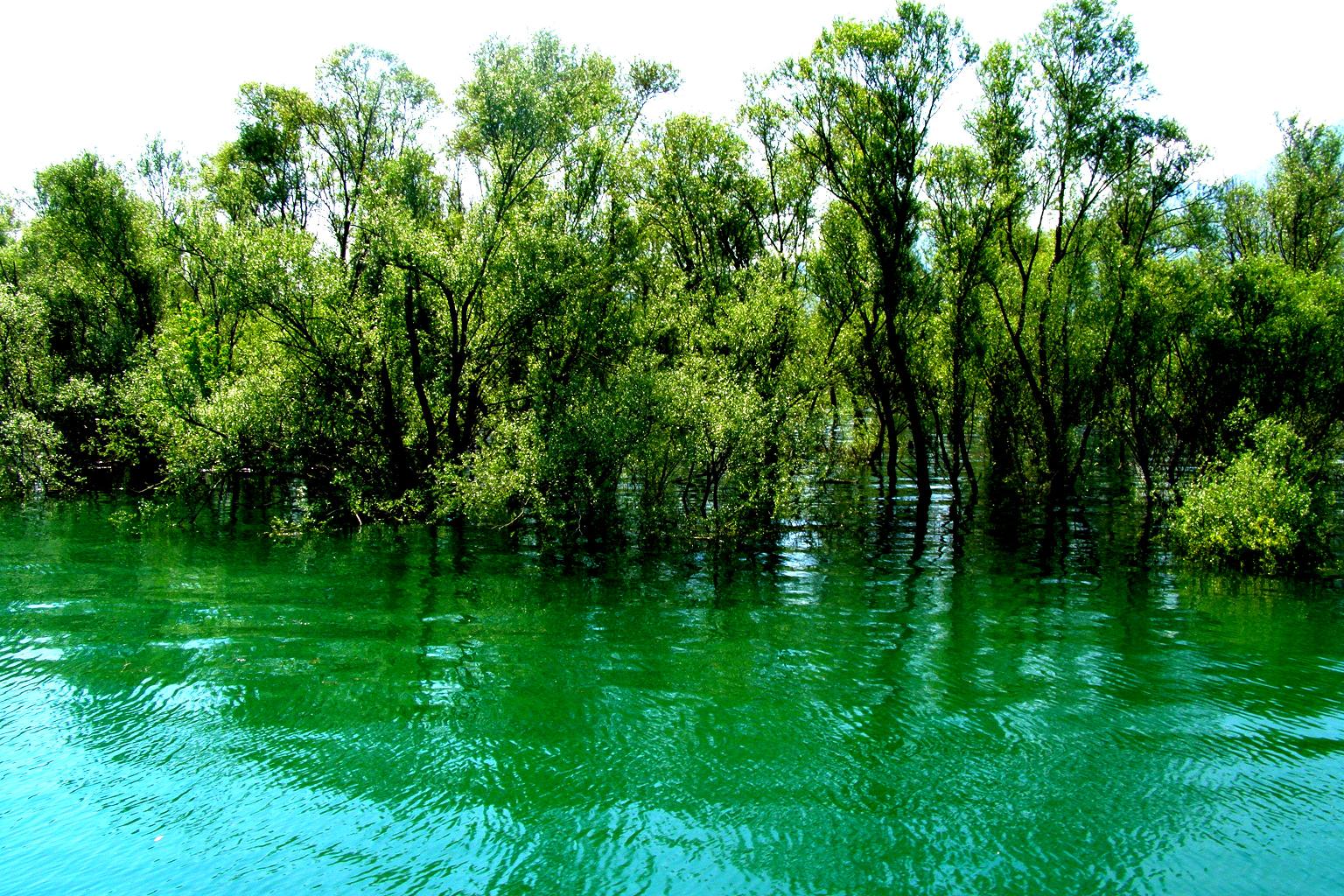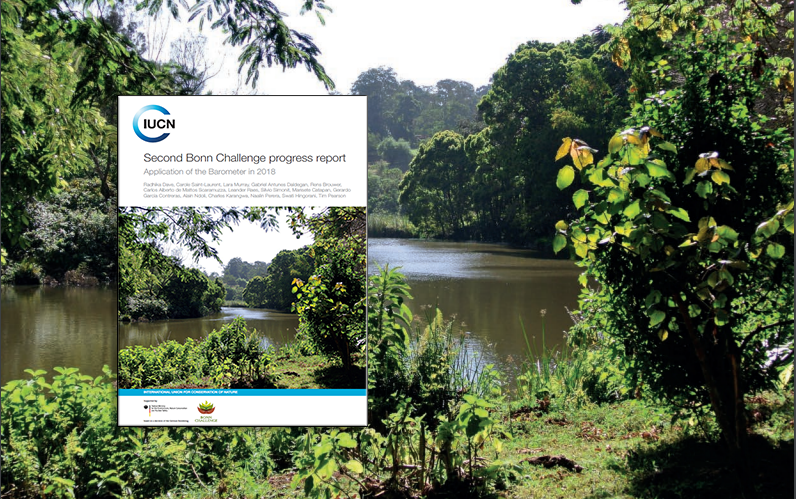Solving climate change crisis naturally
Background: In advance of the UN climate summit in Durban this November, IUCN (International Union for Conservation of Nature) calls upon policy-makers to increase climate funding and promote nature-based solutions to climate change. Among the key issues at the 17th annual Conference of the Parties (COP 17) are ecosystem-based adaptation to harmful climate change impacts and global implementation of a mechanism for Reducing Emissions from Deforestation and Forest Degradation (REDD).

Photo: Skadar National Park
Key issues:
• Nature provides a solution to climate change adaptation. “Ecosystem- based adaptation is a cost effective, no-regrets solution that governments ought to incorporate proactively into national policies and take immediate action to implement on the ground,” says Stewart Maginnis, Director of IUCN's Environment and Development Group. “Improving the management of river systems, coral reefs, mangroves and forests all tangibly improve the resilience of neighboring communities to deal with both the sudden and long-term consequences of climate change.”
• Major initiative needs to be taken to promote the development and implementation of an environmentally sound and equitable REDD+ mechanism at a national level. “A tool that both conserves and restores forest resources and reduces greenhouse gas emissions is one of the few tools we have immediately available to assuage the impacts of climate change,” says Claire Parker, IUCN’s Senior Climate Change Policy Adviser. “In order to be effective, however, implementation needs to take place at national level, and include consideration of issues such as a fair distribution of benefits, and allowing equal participation of all stakeholders, including women and indigenous peoples.”
• Governments must recognize the importance of coastal ecosystem management. “People often don’t realize just how effective nature can be in tackling the effects of climate change,” says Edmund Barrow, IUCN Head of Ecosystem Management Programme. “The challenge is to find the most appropriate and sustainable ways to make use of it. Coastal ecosystem management offers a double climate benefit—not only does it protect communities from inevitable sea level rise, but healthy coastal systems also capture and store huge amounts of carbon.”
• Ocean acidification is a global challenge. “The time to act is now,” says Dorothée Herr, Marine Programme Officer. “Decision makers need to recognize and address ocean acidification, as it is now clear that it is a problem concurrent to climate change with just as devastating consequences if left unchecked. Ocean acidification on a global scale is caused solely by increased concentrations of atmospheric CO2 and is a major threat not only to marine biodiversity but also global food security.”
Spokespersons:
Stewart Maginnis, Director of IUCN's Environment and Development Group, e: stewart.maginnis@iucn.org
Edmund Barrow, IUCN Head of Ecosystem Management Programme, e: edmund.barrow@iucn.org
Claire Parker, IUCN’s Senior Climate Change Policy Adviser, e: claire.n.parker@btopenworld.com
About IUCN
IUCN, International Union for Conservation of Nature, helps the world find pragmatic solutions to our most pressing environment and development challenges.
IUCN works on biodiversity, climate change, energy, human livelihoods and greening the world economy by supporting scientific research, managing field projects all over the world, and bringing governments, NGOs, the UN and companies together to develop policy, laws and best practice.
IUCN is the world’s oldest and largest global environmental organization, with more than 1,000 government and NGO members and almost 11,000 volunteer experts in some 160 countries. IUCN’s work is supported by over 1,000 staff in 60 offices and hundreds of partners in public, NGO and private sectors around the world.



